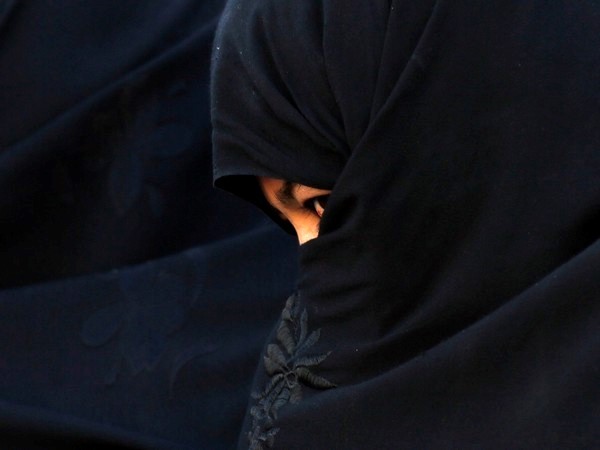Uncertain future of Afghan women under Taliban

Kabul, Afghanistan: The women of Afghanistan in the Taliban regime after 20 years might have uncertain future says expert.
The Taliban’s seizure of the war-torn country came after international forces withdrew from Afghanistan, with the United States officially beginning its departure back in May and now it’s on the verge of ending its military mission.
Dr Sajjan Gohel, a security and terrorism analyst said that women are scared out of their (Taliban) minds, according to Four Nine, a prominent women’s magazine in the West.
“From the Afghan women I’ve spoken to, it’s incredibly traumatic. You’re looking at an entire generation who only read about the Taliban in books. Now, they’re having to live side-by-side with what is effectively a misogynistic cult.”
He also said that he believes we are going to see a return “to some degree of what we saw in the 1990s”.
And this has only been corroborated by events on the ground. “It is a situation where you could well see women being murdered by the Taliban,” he warns.
According to the international security director at the Asia-Pacific Foundation: “Women’s lives [from 1996 to 2001] were very bleak and severely repressed by the Taliban. You’re looking at an era where every aspect of a woman’s life was controlled, contained, and confined.”
Meanwhile, women in Afghanistan protested against the terrorist group expressing concerns over how they would be represented in any future government in the war-torn country.
A number of women who have been working in government and non-government agencies demonstrated and demanded that their rights should be protected in any future government.
Giving a slew of assurances on the issue of women’s rights, the Taliban had said they are committed to providing women with their rights based on Islam.
In the first presser in Kabul after the takeover of Afghanistan, Taliban spokesperson Zabihullah Mujahid said, “Taliban are committed to providing women with their rights based on Islam. Women can work in the health sector and other sectors where they are needed. There will be no discrimination against women.”
Older generations remember the ultraconservative Islamic regime that saw regular stoning, amputations and public executions during Taliban rule before the US-led invasion that followed the September 11, 2001, terror attacks. Under the Taliban, which ruled in accordance with a harsh interpretation of Islamic law, women were largely confined to their homes.






